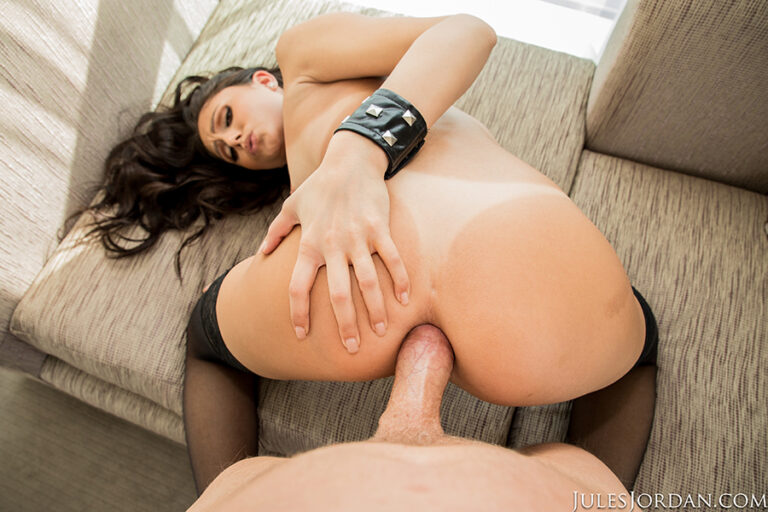The Impact of Erotic Literature on Sexual Imagination and Intimacy

Erotic literature has been a popular form of entertainment and arousal for centuries, from mature content online the ancient Greek texts to modern-day erotic stories and novels. This type of literature, which includes explicit descriptions of sexual acts and desires, has been both praised and criticized for its influence on readers’ sexual imagination and behavior. In this article, we will explore the impact of erotic literature on sexual imagination and intimacy.
First, it is important to define what we mean by erotic literature. This genre includes any written work that is intended to arouse the reader sexually, whether through explicit descriptions of sexual acts, romantic encounters, or fantasies. Erotic literature can take many forms, from short stories and novels to poetry and memoirs. Some well-known examples of erotic literature include “Fifty Shades of Grey” by E.L. James, “The Story of O” by Pauline Réage, and “Lady Chatterley’s Lover” by D.H. Lawrence.
One of the primary ways that erotic literature impacts sexual imagination is by providing a safe and private space for readers to explore their desires and fantasies. Reading about sexual experiences and desires that may be considered taboo or outside the norm can help individuals understand and accept their own desires, and can also provide inspiration for new fantasies and role-play scenarios. Additionally, erotic literature can help individuals develop a more vivid and detailed sexual imagination, which can enhance their own sexual experiences and relationships.
Another way that erotic literature can impact intimacy is by providing a way for couples to explore new ideas and fantasies together. Reading erotic literature together can be a fun and exciting way to spark conversation and experimentation in the bedroom. It can also help couples develop a deeper understanding of each other’s desires and boundaries, and can provide a way to introduce new ideas and experiences in a safe and consensual way.
However, it is also important to note that erotic literature is not without its potential drawbacks. Some people may find that reading explicit descriptions of sexual acts or fantasies can lead to unrealistic expectations or comparisons, and may even lead to feelings of inadequacy or dissatisfaction with their own sexual experiences. Additionally, it is important to ensure that any erotic literature consumed is consensual and respectful, and that it does not perpetuate harmful stereotypes or attitudes towards sex and sexuality.
In conclusion, erotic literature can have a significant impact on sexual imagination and intimacy. By providing a safe and private space for individuals to explore their desires and fantasies, and by offering a way for couples to explore new ideas and experiences together, erotic literature can enhance sexual experiences and relationships. However, it is important to consume erotic literature responsibly and with an awareness of its potential drawbacks.
As a writer, I believe that erotic literature has the power to inspire, educate, and empower individuals and couples to explore their sexuality in a safe and consensual way. By writing about a diverse range of desires, experiences, and perspectives, we can help break down stigmas and promote a more open and inclusive understanding of sexuality.





